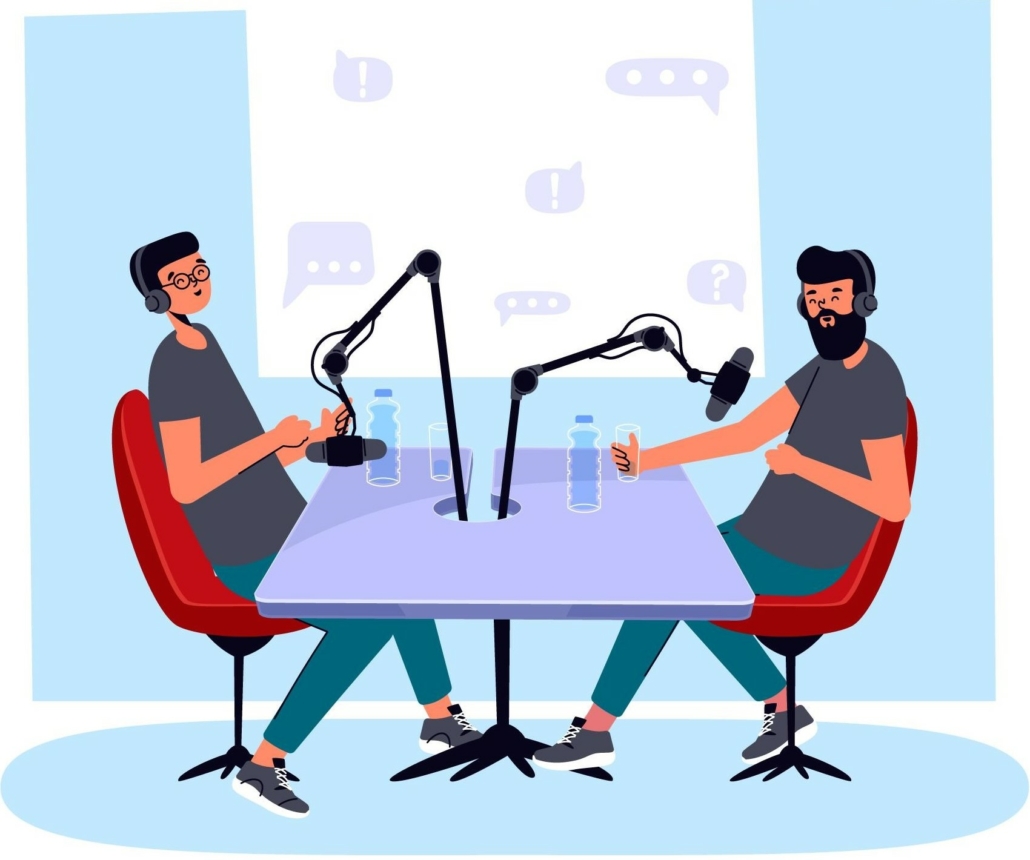A Researcher’s Guide to Creating Captivating Podcasts

In the realm of digital media, podcasts have emerged as a powerful tool for sharing knowledge and stories. For researchers seeking to connect with a wider audience, podcasting offers an accessible and engaging platform. This blog post serves as a detailed guide to creating podcasts tailored to help researchers harness the power of audio content to reach and captivate a diverse audience.
Understanding Your Audience
Audience engagement is the lifeblood of impactful podcasting. As a researcher, your podcast should aim to form a personal connection with your listeners. Here’s how you can do that:
- Podcast Content Ideas: Think of a biologist discussing the wonders of the Amazon Rainforest. Instead of just listing species, they could share a narrative about a day in the life of a tree frog, creating a vivid picture in the listener’s mind. Similarly, consider content that paints a picture or tells a story, bringing your research to life.
- Using Storytelling Techniques: A historical podcast could have narrations about the fall of an ancient civilization. Instead of dryly reciting dates and events, they could bring listeners into the world of that era, describing the sights, sounds, and emotions of the people living through it. Apply this to your podcast by humanizing your research in a way that would even appeal to non-specialists.
Through these methods, you’ll not only inform your listeners but also eventually build a podcast audience of loyal followers who eagerly await your next episode.
Crafting Your Content
The art of podcast creation goes beyond the basics of recording; it’s about weaving a narrative that captivates and holds your listener’s attention. Let’s dive into how you can achieve this:
- Developing a Podcast Content Strategy: Create episodes that connect research with real-life scenarios. A psychologist might explore human behavior in everyday situations, offering insights through interviews and studies. For instance, one episode could delve into decision-making processes in high-pressure situations, illustrated by interviews with emergency responders.
- Engaging Podcast Audience: Interactive elements can transform your podcast from a monologue into a dialogue. A nutritionist, for example, could discuss dietary trends while hosting a Q&A segment where listeners can submit their own nutritional queries.
Through these strategies, your podcast can become more than just a source of information – it becomes a dynamic, engaging, and enlightening experience for your audience.
Technical Aspects of Podcast Creation
Navigating the technical landscape of podcasting can be daunting. However, with the right approach, it becomes an exciting part of the journey. Here’s how you can master this:
- Creating Podcasts for Beginners: Look for a basic yet reliable microphone on websites like Amazon, and check out free podcast recording software like AudioDirector to start. Gradually, you can upgrade your equipment and move toward paid versions of your software as your podcast grows.
- Enhancing Audio Content Quality: Consider the difference between a home video and a professional film. The clarity, sound balancing, and absence of background noise in the latter make it a pleasant experience. Apply this to your podcast by learning noise reduction techniques, proper microphone techniques, and sound balancing to ensure your audio is crisp and clear.
Mastering Your Journey: A Guide to Creating Podcasts with Publication Academy
Embark on your podcasting journey with our guide to creating podcasts, and turn complex research into captivating stories. Elevate your skills further with Publication Academy’s Digital Badge Program, featuring the essential How to Create a Podcast course. This module helps enhance your podcasting proficiency and professional impact. Our program also covers ESL Academic Writing, Technical Communication, and much more!
Reach out to our team at Publication Academy today and master the art of impactful storytelling.

